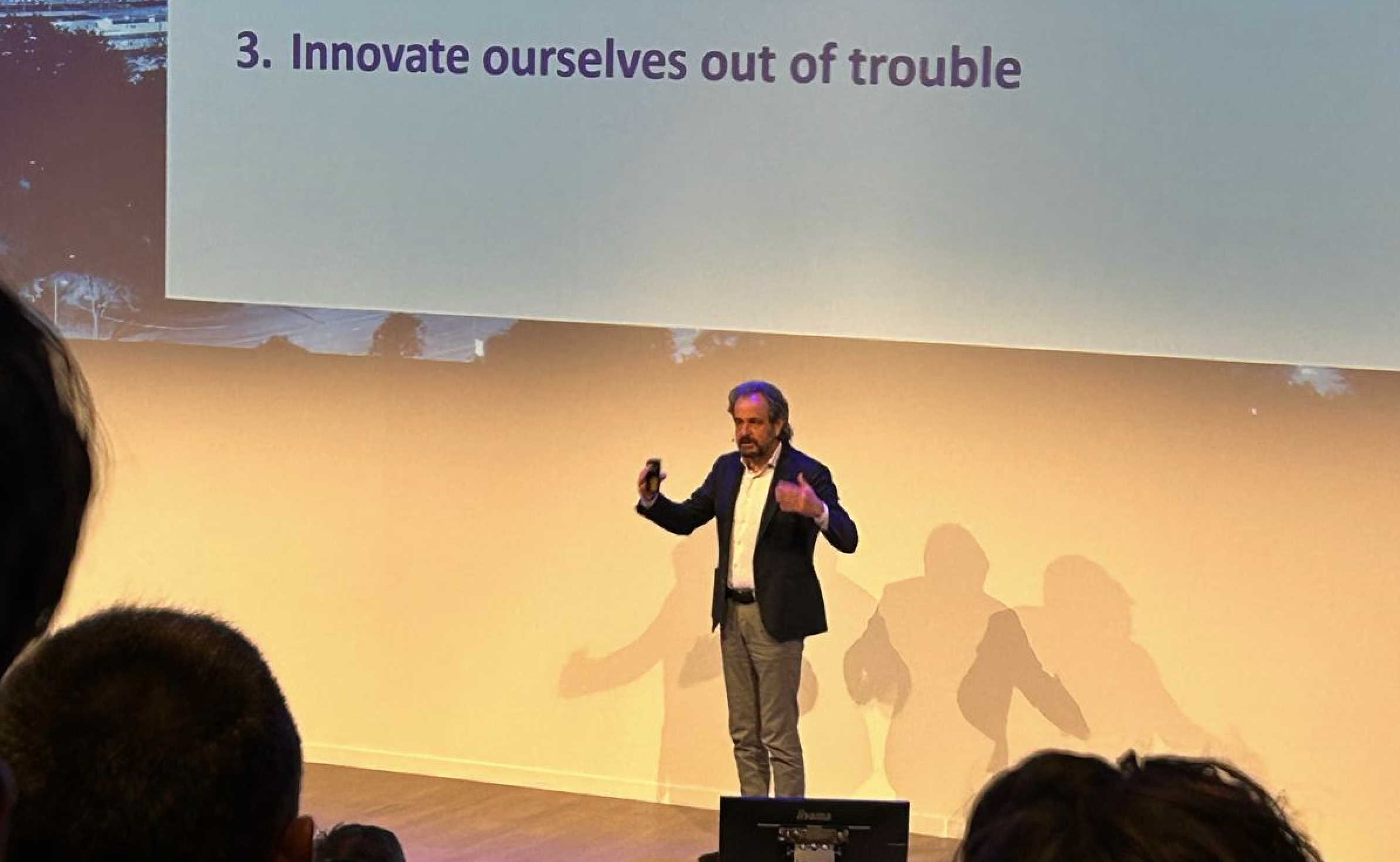
We need to do more work with fewer people. The population is aging, and staff shortages are increasing. If you succeed in finding new colleagues, you have to wait and hope for a good match. If you are unlucky, new employees leave the company after a few months, and the whole process starts again. “People are poor at identifying talent. We decided to select new employees based on biases and subjective information. That doesn’t work well,” states Rina Joosten-Rabou, CEO of AI company Pera.
Artificial Intelligence is the solution. With her company, Joosten has been working for eight years on algorithms to select the best job applicants. “I don’t believe a talent shortage exists; we are just looking in the wrong places. AI is a great opportunity for companies to increase productivity.” Pera works with Brabant-based companies such as Heliox, Createment, and Brainstax, as well as well-known brands such as Rituals and L’Oréal.
Why is this important?
AI is becoming increasingly important in our daily lives. Several companies and start-ups are looking for ways to implement the new technology in our society. Some tasks technology can do better than humans, while others are still very difficult.
Increasing impact
To understand the potential of AI in this case, you need some theoretical information. Joosten points out that the impact and performance of employees in a company often follow a power law. In other words, twenty percent of the people provide sixty percent of the output. The output is different for each company; it could be sales performance, profitability, or innovation ability. “If you understand what makes that twenty percent different from the other eighty percent, then you can identify people who are the best fit for a specific job. With that, the impact, i.e., sales or profitability, also increases. If you manage to shift one percent of the employees from average performance to high performance, that has a 2,5 percent impact,” Joosten explains.
This is an article from our magazine IO Next: AI for good. The fact that AI is becoming an increasing part of our lives is a given. But what impact will this technology have on our lives in the future? This magazine edition focuses on precisely that question.

Analysis of job applications
So companies want more of those twenty percent above-average performers on their teams. That’s where Pera’s algorithms come in. “AI not only looks at traits more objectively, it also sees connections that people don’t see. As a result, you are more likely to hire people who fall within the twenty percent above,” Joosten says. Applicants digitally answer three open-ended questions. A set of algorithms analyzes the answers. The system looks for more than two hundred markers that are not visible to humans. “The algorithm looks at what someone writes and how one writes. Formulation and word choice, for example, are important.” The company and the applicant then receive feedback on the candidate’s qualities. Joosten: “So it’s a fairer and easier application process.”
To get to this point, the scale-up spent eight years collecting information from employees in different companies. “We asked employees to rate each other’s competencies and retrieved objective performance data. That gives the clearest picture; colleagues know each other well,” she says. All that data – from more than five million people by now – forms the basis of the platform. The system can compare the markers from the three application questions with the ones of the best-performing people in a particular job. “The system sees patterns between competencies and performance that humans don’t see.
Moreover, it is a fair procedure. Origin or background, for example, does not play a role,” Joosten said. One example is achieving commercial success, which implies several essential skills. These include an innovative mindset, good communication skills, empathy, a focus on the customer, and guts.

Scaling up
The platform is now becoming accessible to more people. “We are moving from research and development to commercialization and scaling up,” she says. A company can create a digital job application and compare the results with the data in Pera’s database. This is incredibly important to Joosten. “I believe people overlook a lot of talent. It’s my mission to change that.”
Innovation is a necessity
Artificial intelligence is becoming increasingly important, Joosten outlines. In addition to her work at Pera, she sits on the Supervisory Board of AINed and collaborated on creating the Dutch AI strategy. “It is so important that we invest in this as a region, country, and European Union. We must keep innovating; otherwise, we will soon be empty-handed.” Entrepreneurs see more and more companies using AI. For example, large companies analyze which products are doing well on the shelf and which are not. It could be that, in the future, we will only need strategic marketers and HR managers. AI will have taken over tasks of the ‘regular’ marketers and recruiters.”
According to Joosten, companies have little choice but to evolve with the technology. “It also took us eight years to develop the platform. If we had to start now, we would have been too late. I think companies cut themselves enormously if they haven’t already started doing that or plan to do it soon.”


